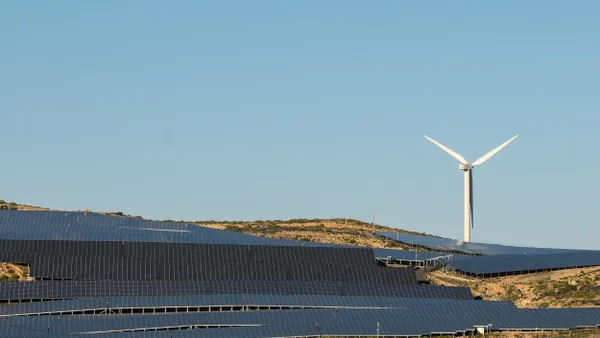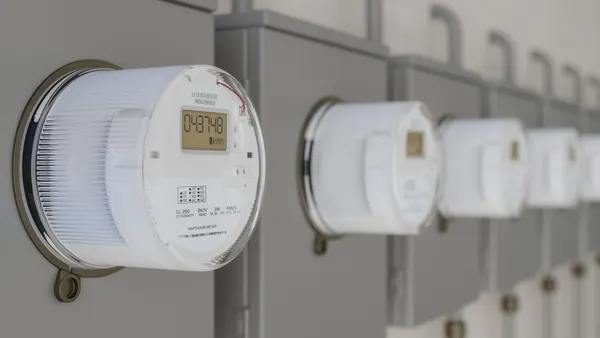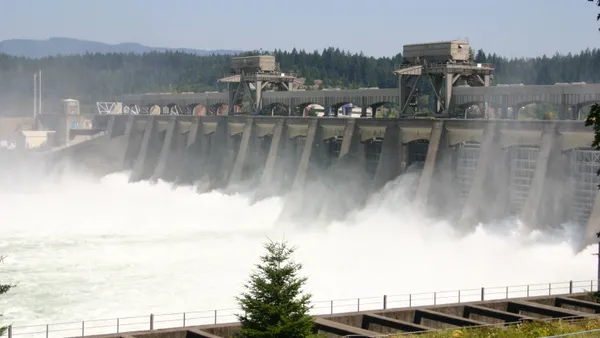Dive Brief:
- By a unanimous 4-0 vote, the California Public Utilities Commission last week fined Pacific Gas & Electric (PG&E) $1.6 billion for violations of state and federal pipeline safety standards associated with the 2010 San Bruno explosion that killed eight. The fine is the largest in California state history ten times over and is one of the biggest ever fines on a utility ever.
- Total penalties from the incident now exceed $2.2 billion and PG&E still faces further investigation. CPUC President Michael Picker said he remains troubled by the depth of the utility's commitment to safety, despite its more recent heavy investment in natural gas transmission upgrades.
- PG&E is one of the largest utilities in the nation, with more than 9.7 million customers, and last week Picker suggested that PG&E may be "too big to operate safely" as he announced investigations into its safety culture. The utility has indicated it will not appeal the fine.
Dive Insight:
A woman who lost 3 family members in the explosion said she blames PG&E and the PUC. Other victims and survivors testified before the fine was levied that they are skeptical the commission will force change on the utility.
Picker recently testified to a state Senate committee that PG&E gave its executives raises with money collected from ratepayers for pipeline safety in the months leading up to the San Bruno explosion. Evidence of this misallocation of 2007 and 2010 charges to ratepayers for pipeline safety improvements, each amounting to $5 million, were turned up in the 2012 investigation of the incident.
The ratepayer money was meant to pay for replacement of a high-risk section of 1950s-era 30-inch pipeline north of the San Bruno explosion. It was never replaced. The National Transportation Safety Board investigation of the explosion concluded the “organizational accident” directly resulted from deficient PG&E operational and managerial practices.
Both Picker and Commissioner Catherine Sandoval said they would lead further investigations. PG&E said it would not appeal the decision and promised cooperation. The $1.6 billion will come from the utility and its shareholders, not ratepayers.













